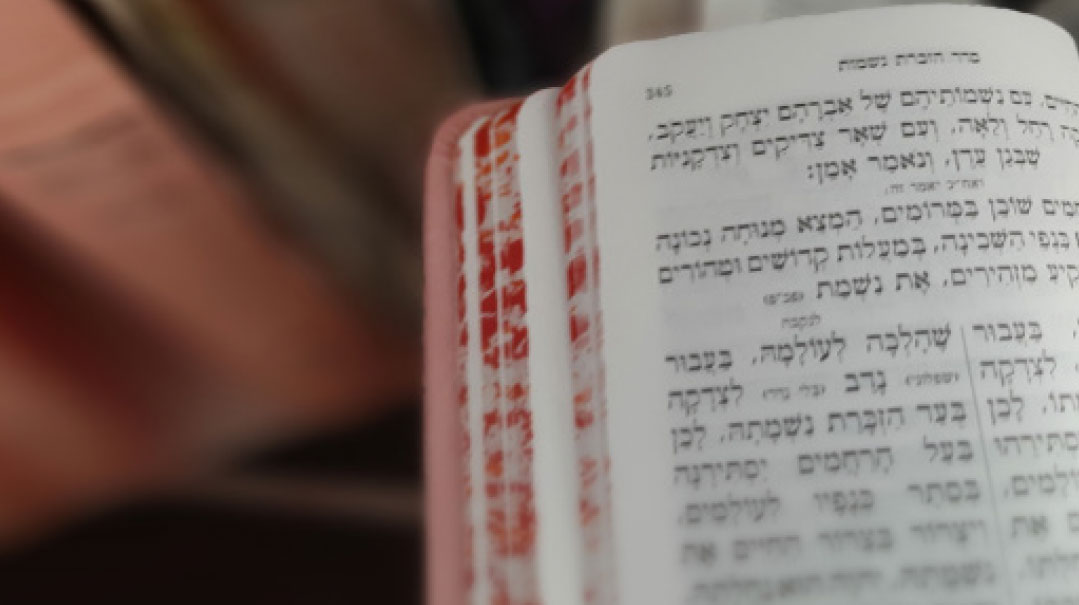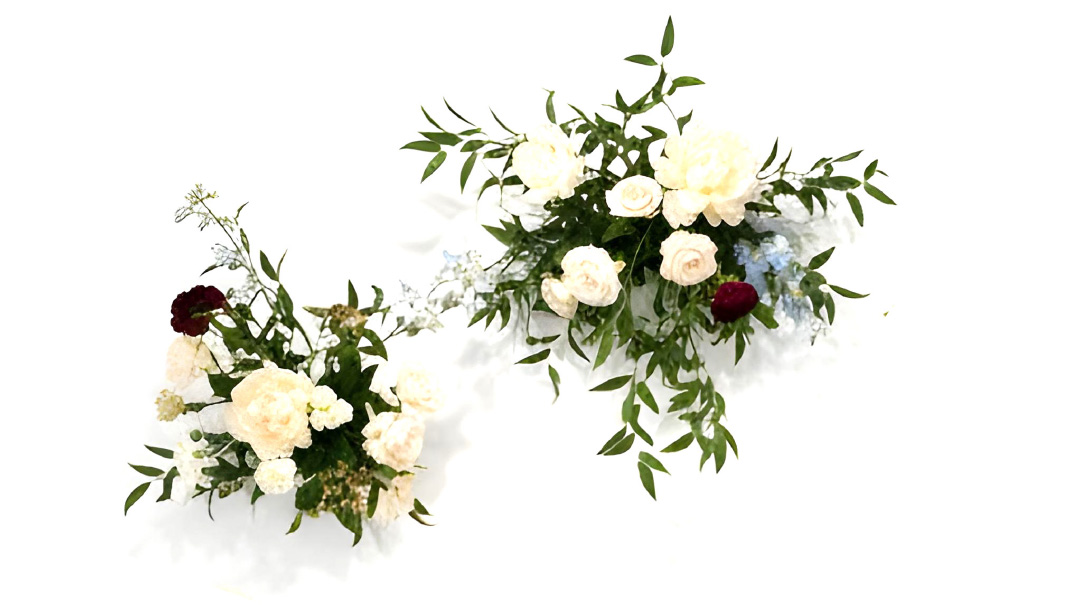The Yizkor Club
| September 29, 2020It was never spoken about, an otherworldly secret between club members, the club you didn’t want to join

The floor is strewn with candy wrappers, remnants of the culmination of a month of yearning, introspection, and joy. The children have already left and most of the mothers, too, have already rushed home to prepare for the Yom Tov meal.
Only a few women remain, probably the ones who must be here.
The men are still going strong; chassan Torah, chassan Bereishis, the spirited dancing of a short time ago replaced by a sense of camaraderie, unified in love for the holy words. The passion is palpable, the walls almost quivering with sanctity and devotion.
I don’t remember ever being in shul for the Bereishis leining. I stand with the rest, recite the words of the Days of Creation along with the chorale of exultant daveners. I get up and sit down. The euphoria hovers like a warm wind, sublime, profound, real.
Yet I only feel unease. I notice three other young mothers still here, wonder if they’re staying, like me, or about to leave. As Kaddish winds to a close, a voice from over the mechitzah announces “Yizkor!” and they all depart.
Yizkor used to be a time when my mother, in her pure white suit, stayed inside the room, while I was ushered to the other side of the heavy glass doors, where I munched on snacks and played with my friends. Who knew what went on in there, in that closeted society of orphans? I had no idea.
As an adult, sometimes I’d wondered, but I had no desire to find out. It was never spoken about, an otherworldly secret between club members, the club you didn’t want to join, pretending, in our tendency to escape reality, that we never would.
Years later, in the women’s section of our fledgling community shul, it’s me and four of my friends’ mothers.
Yom Kipper had been my first time. I hadn’t wanted to leave the house, worried about getting dehydrated. But how could I not go to shul for my first Yizkor? I beat down the screaming demons fluttering about my gut.
I’d ventured out, walked through the heat, and entered the shul, standing stolid while my inner world shook my outer body and the lucky ones piled out of the sanctuary. There had been a weighty silence, heavy with the unseen and unheard, the space filling with the souls that come to life and lie on your shoulders, caressing, giving love.
Not knowing what to expect, I’d waited for someone to begin, fumbled through my machzor, saying various bits of supplication I realized later I wasn’t supposed to say. And then it was over. The souls flew back up, pleased. My shoulders lightened.
It’s my second time. I guess I’m a pro. I should get started.
But I want to run away.
A memory explodes in my head, a story I once read about a woman whose life became too overwhelming for her. She had a nervous breakdown and was committed to an asylum. She recovered, and kept telling the doctors, “I don’t belong here.” But no one listened. After many years, a kind new doctor on the ward believed her and released her.
I don’t belong here.
I don’t belong here.
But I am here.
And I can never be released.
I begin the memorial prayer, hastening to finish before the rest of the world not consumed with unending grief returns, those who look at their watches and count the minutes until the shul proceedings resume. I bid a hasty charitable pledge and close my machzor.
I leave before the others do; they don’t have to go home and prepare for young children.
I dash outside, inhale the fresh air. I run home to my family, to the circle of life. The life that will continue, unabated, along with this milestone, according to Hashem’s will; with the Torah that we’re celebrating today at its core.
Next club meeting in six months.
(Originally featured in Family First, Issue 712)
Oops! We could not locate your form.







Comments (1)